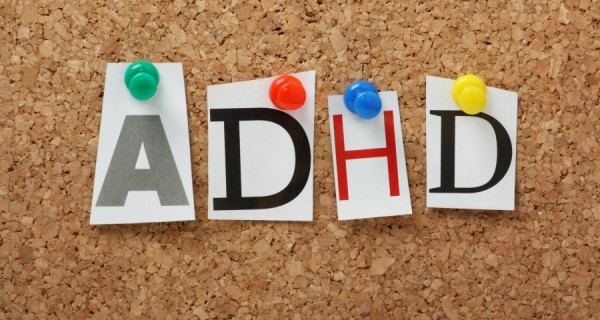
What actually causes Attention Deficit Hyperactivity Disorder (ADHD)?
Over the years, the exact causes of ADHD have been unclear. However, genetics is generally known to be a major cause in most cases, although, other factors may contribute as well.
Genetics and ADHD
 Research studies by Thapar et al, 2006; and Faraone et al, 2005 revealed that genetics could be a likely cause of ADHD. This indicates that ADHD has strong genetic ties. In other words, ADHD could be passed from parents to children through genes.
Research studies by Thapar et al, 2006; and Faraone et al, 2005 revealed that genetics could be a likely cause of ADHD. This indicates that ADHD has strong genetic ties. In other words, ADHD could be passed from parents to children through genes.
Twin studies also revealed that parents and siblings of children with ADHD are four to five times more likely to have the disorder as compared to people who are not related to someone with ADHD. This means that a child with ADHD may not be the only one with the disorder in the family.

Other factors that could contribute to the development of ADHD include the following
- The chemical imbalance of the brain. This inhibits the brain from performing its ‘executive functions’ such as problem solving, planning, memory recall, attention and focus.

- Premature birth
- Low birth weight
- Brain damage before or after birth
- Alcohol consumption during pregnancy
- Smoking and misuse of drugs during pregnancy
- Exposure to toxic lead at a tender age
- Family environment. A dysfunctional family may increase the chances of a child developing ADHD
Remember to follow me on twitter @DrMorayoJimoh for more interesting updates on #LetstalkaboutADHD